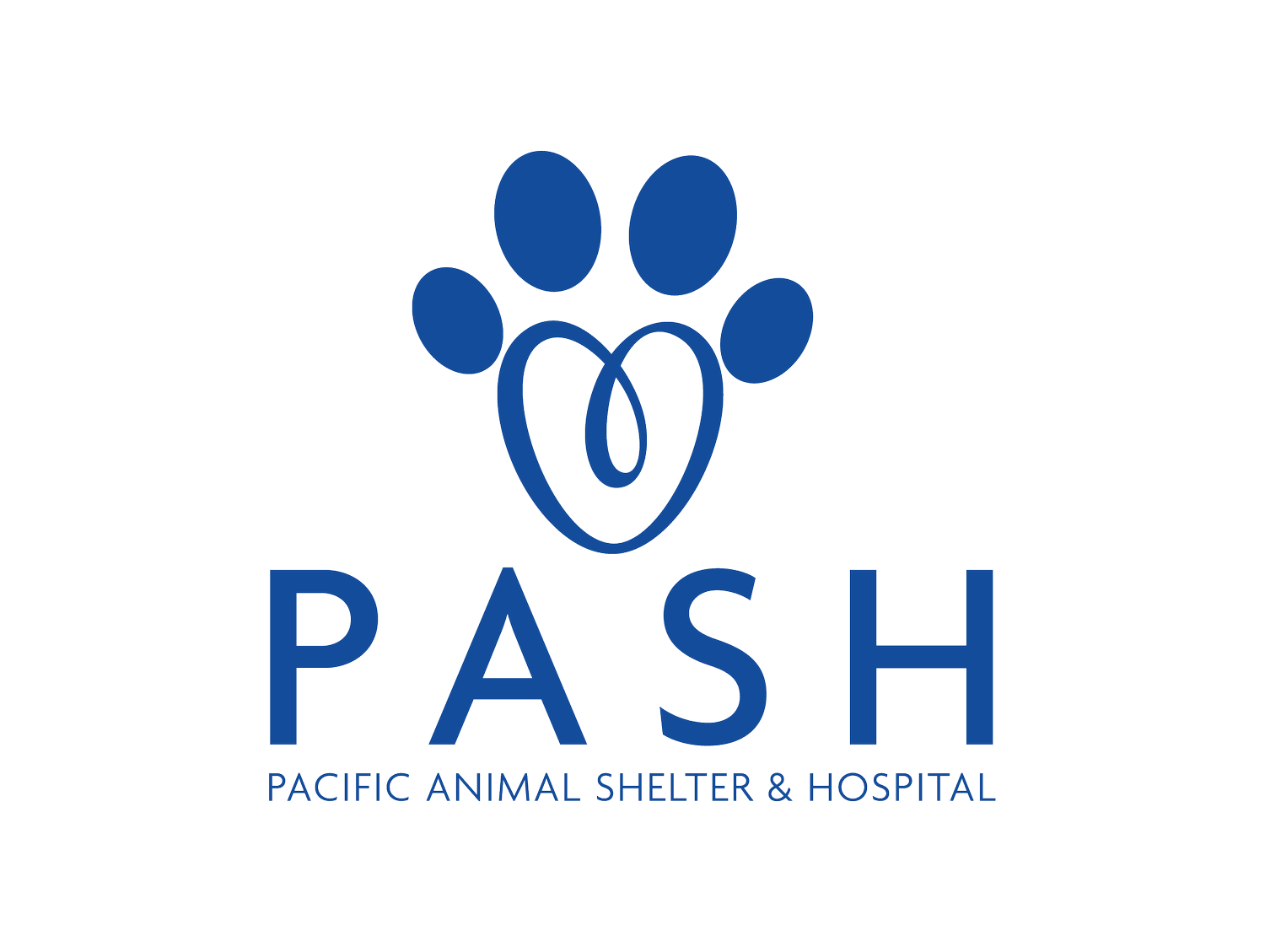Understanding Zoonotic Diseases: How Animals Can Impact Human Health
Written by Volunteer Copywriter - Crystal Adair-Benning : Word Magic Copywriting.
In Fiji, our connection with animals runs deep. From our loyal canine companions to our beloved feline friends, animals play an integral role in our lives. While the bond between humans and animals brings joy and companionship, it's essential to recognize that animals can also impact human health in various ways. In this article, we'll explore the concept of zoonotic diseases and how our furry friends can play a role in human health.
What Are Zoonotic Diseases?
Zoonotic diseases are illnesses that can be transmitted between animals and humans. These diseases can be caused by bacteria, viruses, parasites, fungi, and other pathogens, and they can range from mild to severe in their impact on human health. Zoonotic diseases can be transmitted through direct contact with an infected animal, through the ingestion of contaminated food or water, or through the bite of an infected vector, such as a mosquito or tick.
Common Zoonotic Diseases:
There are numerous zoonotic diseases that can affect humans, including:
Rabies: A viral infection that is transmitted through the bite or scratch of an infected animal, such as a dog or bat. Rabies is fatal if left untreated and poses a significant public health risk in many parts of the world. Fortunately Fiji is rabies free and it is super important that we ensure Fiji remains Rabies free.
Leptospirosis: A bacterial infection that is commonly transmitted through contact with the urine of infected animals, such as rats, dogs, and livestock. Leptospirosis can cause flu-like symptoms and, in severe cases, liver and kidney damage.
Parasites: A parasitic infection can be transmitted from an infected animal to a human. Symptoms can include fever, parasites (worms) present in your feces, headaches, rashes.
Preventing Zoonotic Diseases:
While the risk of zoonotic diseases cannot be entirely eliminated, there are steps that pet owners can take to reduce their risk of exposure:
Practice good hygiene: Wash your hands thoroughly with soap and water after handling animals, their food, or their waste.
Keep your pets healthy: Ensure that your pets receive regular veterinary care, including vaccinations, parasite prevention, and routine check-ups.
Control vectors: Take steps to prevent exposure to vectors, such as mosquitoes and ticks, by using insect repellent, keeping your pets indoors during peak mosquito activity, and regularly checking them for ticks.
Dispose of waste properly: Dispose of pet waste promptly and hygienically, and avoid contaminating water sources with animal waste.
Supporting Public Health:
By understanding the risks associated with zoonotic diseases and taking proactive measures to prevent their transmission, we can protect the health and well-being of both humans and animals. Additionally, by supporting organizations like PASH that promote responsible pet ownership and provide education and resources on zoonotic diseases, we can contribute to the overall health and safety of our community. Together, let's create a healthier future for both humans and animals in Fiji.

